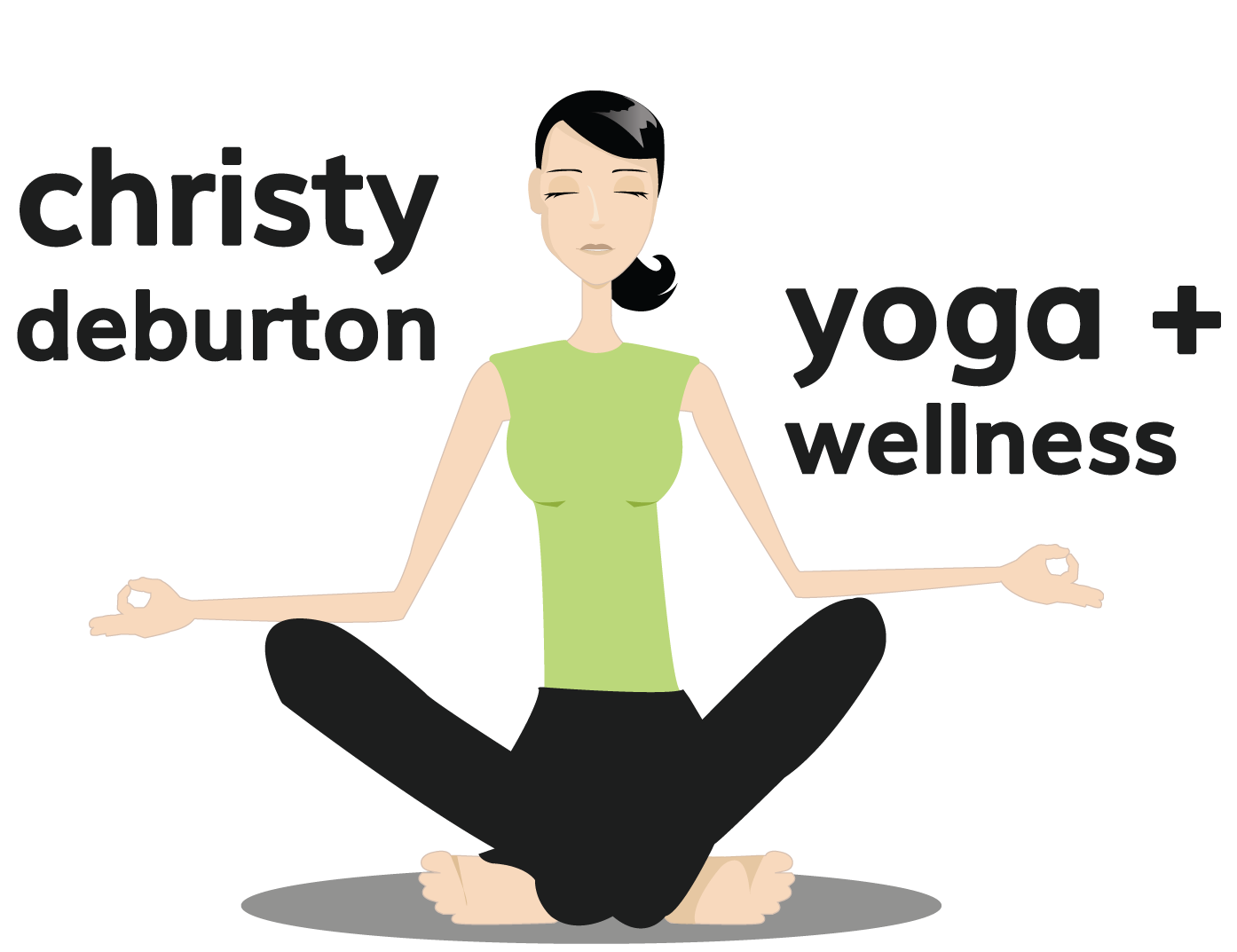Insomnia is one of the biggest complaints women tend to have during (peri)menopause. (I know it has been for me!) During this transition a drop in your progesterone and estrogen levels can cause symptoms like hot flashes and heart palpitations, which cause you to sleep poorly. Not to mention the fact that perimenopause tends to correspond with a stressful period in women’s lives in general, and stress is a big culprit in insomnia. And did you know that when your body is sleep-deprived it releases more cortisol–the stress hormone– which can increase your appetite, trigger cravings for high-fat, high-sugar foods and cause you to gain weight? Ugh! Sleep is so vital to good health, so I encourage you to do everything you can to cultivate good sleep hygiene throughout perimenopause. I share over a dozen sleep tips in my Ultimate (Peri)menopause Guide, as well as a Yin Yoga video for Insomnia. Here are just a few of the sleep tips that I follow on a daily basis that have helped me sleep better during perimenopause.
*Make sure your bedroom is dark enough The darker the better. Research shows that light pollution greatly affects sleep. I noticed a substantial improvement in my sleep when I got new black-out blinds.
*Turn down the temperature Cooler temperatures help to slow your heart rate and calm your body. I’ve read that the optimal temperature for sleep is between 60-75 degrees. 60 degrees might sound really cold but take it from me, if you’re having hot flashes at night, having it that cold helps! Experiment to see what works best for you.
*Turn off electronic devices such as cell phones, TVs, tablets, and computers at least 30 minutes before bedtime (and put them in a different room) to prevent a disruption in your melatonin production. There’s lots of research out there nowadays that shows that these things are big sleep disruptors.
*Cut out sugar and alcohol in the evening Dessert may sound comforting and wine may sound relaxing, but they’re not when they’re waking you up at 3am. I know you don’t want to hear it, but things change as you get older, and your body just can’t tolerate some of the ‘vices’ that it used to. Look at it this way: isn’t a good night’s sleep worth more than a glass of wine anyway?
Just because poor sleep is a common perimenopause symptom doesn’t mean you have to live with it. Adopting these sleep strategies can help. For a dozen more tips to help you sleep like a dream, check out my Ultimate (Peri)menopause Guide–only $19 for a limited time!
This is the 4th in a series of 5 blog posts with lifestyle changes I recommend making for (peri)menopause. You can find my four other blog posts here: Nutrition; Yoga + Exercise; Herbs + Supplements; and Self-Care.
Check out this blog post for some specific yoga postures you can do for insomnia.


 Yoga for HSPs: Advice from an HSP Yoga Teacher
Yoga for HSPs: Advice from an HSP Yoga Teacher